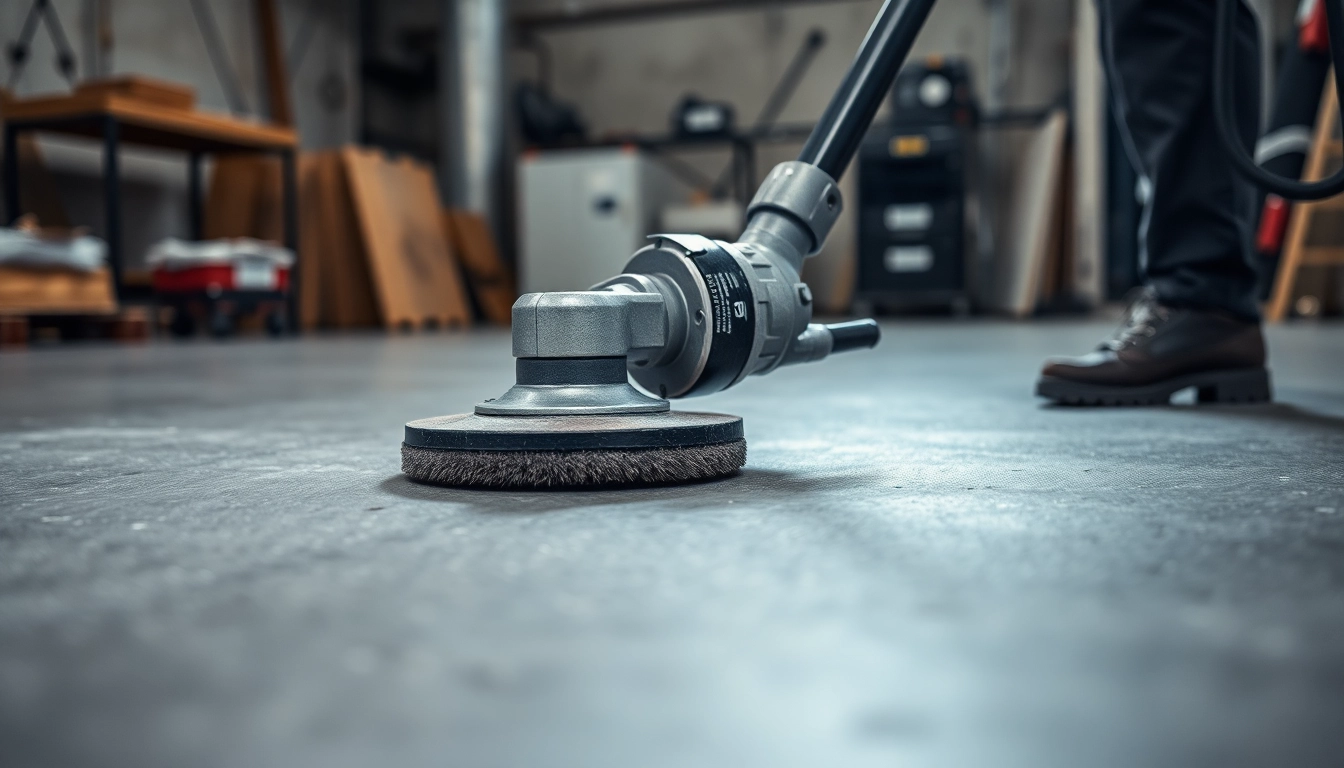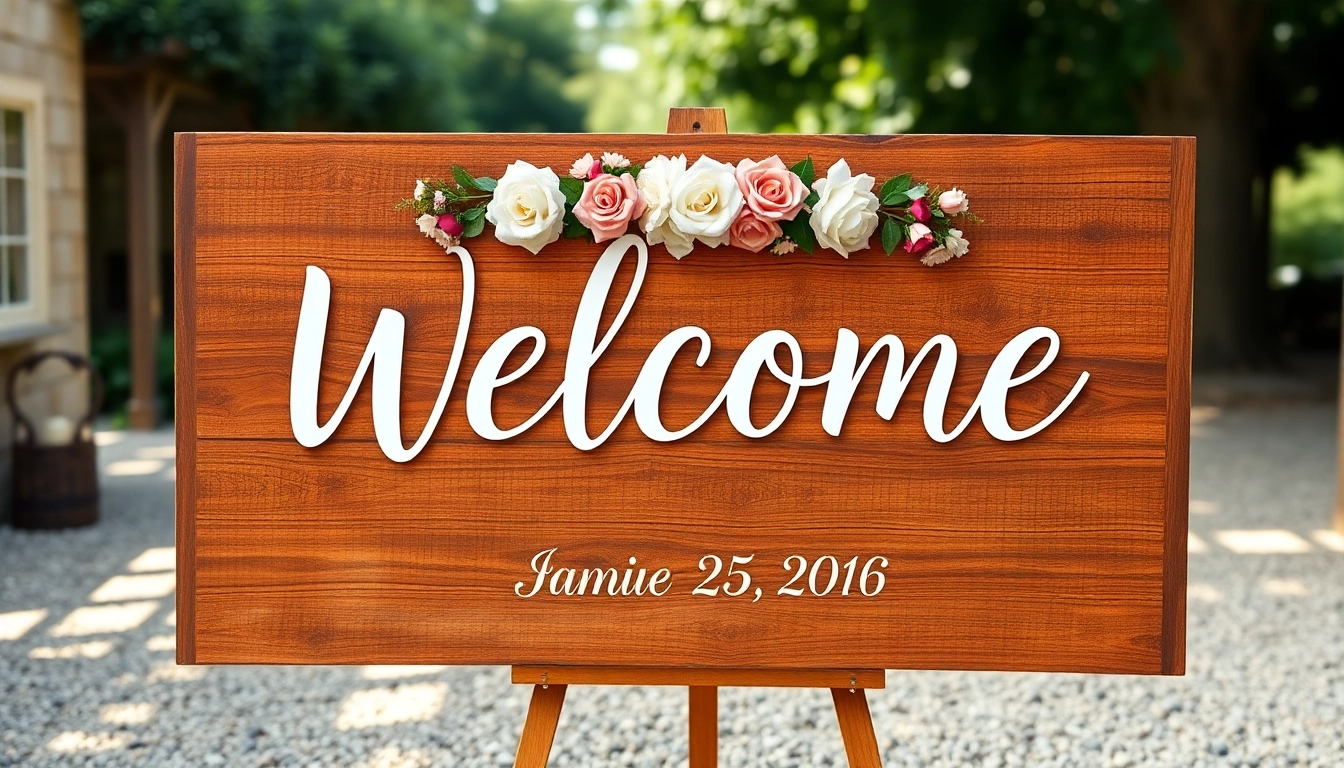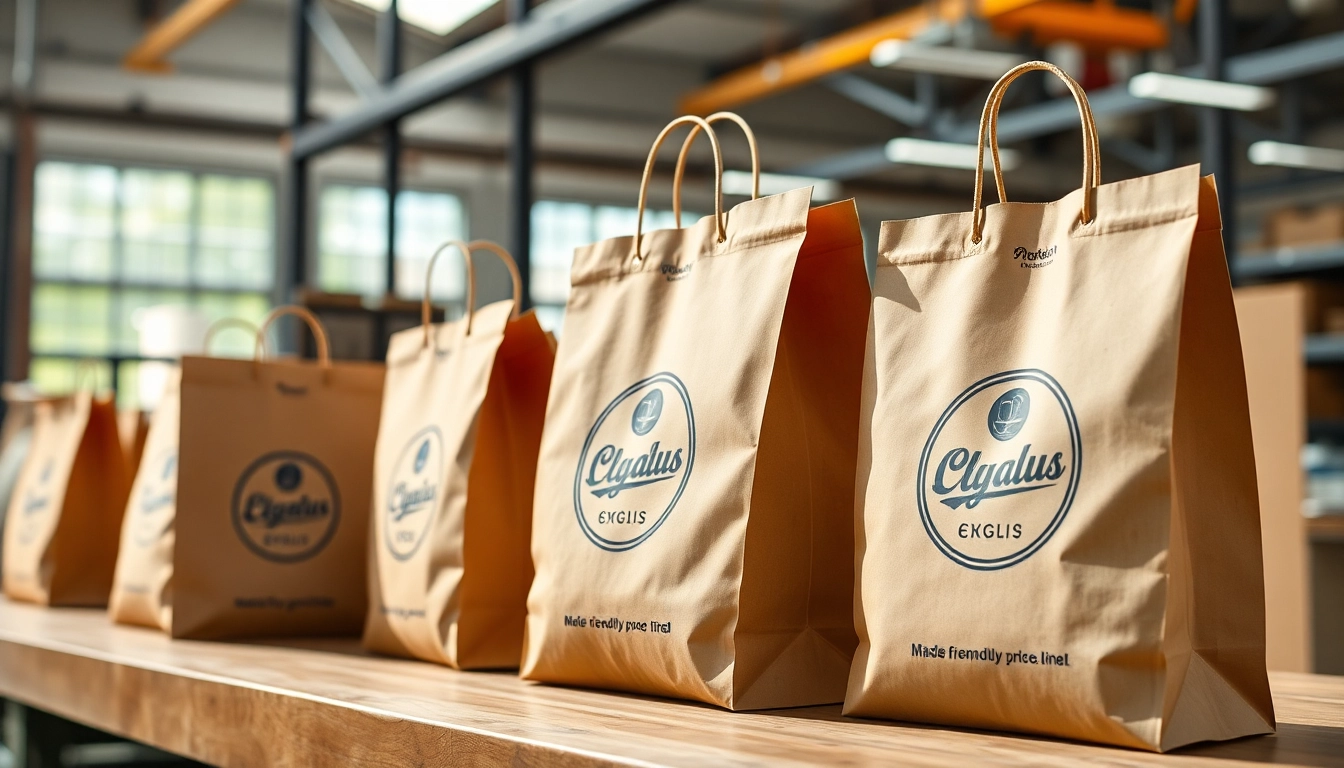Understanding the Importance of Floor Preparation in Birmingham
Achieving a flawless and durable flooring finish begins long before the first layer of concrete, coating, or wood is laid. Proper floor preparation Birmingham stands as the critical foundational step that ensures the longevity, performance, and aesthetic appeal of your flooring project. In Birmingham’s diverse building environment—ranging from commercial industrial spaces to residential interiors—selecting the right preparation techniques is pivotal to overcoming unique local challenges, such as variable ground conditions, existing structural imperfections, and specific material requirements.
Why Proper Floor Preparation Matters for Your Project
In essence, effective floor preparation acts as the ‘bedrock’ for all subsequent flooring layers. Whether installing epoxy coatings in a warehouse or laying hardwood in a home, if the substrate isn’t adequately prepared, issues like delamination, cracking, uneven surfaces, and premature failure are almost inevitable. Well-prepared floors improve adhesion, increase resistance to wear and tear, and ensure that the final finish performs up to expectations.
For example, a Birmingham-based manufacturing plant opting for industrial resin flooring demands an extremely smooth, level, and contaminant-free surface. Any residual laitance (a weak cement or concrete surface layer) or unevenness can compromise the coating’s durability, leading to costly repairs and downtime. Therefore, meticulous surface preparation not only enhances beauty and durability but is also a cost-saving measure in the long run, preventing structural issues and decreasing maintenance needs.
Common Floor Types Requiring Preparation in Birmingham
Birmingham’s flourishing infrastructure accommodates a variety of flooring systems, each with specific preparation needs:
- Concrete Floors: Often require cleaning, grinding, or shot blasting to remove laitance, grease, or previous coatings.
- Wooden Floors: Typically need sanding, leveling, and moisture testing before new finishes are applied.
- Existing Tiled Floors: Require careful removal of residues and surface roughening to ensure adhesion.
- Industrial Resin or Epoxy Floors: Demand thorough grinding and laitance removal for proper bonding.
Each surface type in Birmingham’s commercial and residential spaces calls for tailored preparation techniques, emphasizing the importance of expert assessment.
Risks of Poor Floor Preparation and How to Avoid Them
Neglecting proper floor preparation can lead to widespread issues including peeling coatings, uneven surfaces, and reduced load-bearing capacity. For instance, improper laitance removal often results in epoxies not bonding properly, causing early failure. Similarly, unlevel floors contribute to slip hazards and uneven wear patterns.
Preventing these pitfalls involves:
- Conducting detailed surface inspections and testing before starting work.
- Utilizing industry-approved equipment like shot blasters and diamond grinders for effective removal of weak materials.
- Applying primers suited to the substrate to promote bonding and moisture resistance.
Engaging experienced professionals familiar with Birmingham’s building standards and material compatibilities is crucial for mitigating preparation risks.
Techniques and Methods for Effective Floor Preparation in Birmingham
Diamond Grinding and Shot Blasting for Industrial Floors
Diamond grinding uses industrial-grade abrasive tools to level and smooth concrete surfaces, removing laitance and creating a textured profile conducive to coating adhesion. Shot blasting employs high-velocity steel beads to clean and roughen surfaces efficiently—ideal for preparing large industrial areas in Birmingham’s warehouses or factories.
Both methods are highly effective for removing existing coatings, contaminants, and unevenness, resulting in a surface that meets industrial standards for durability and safety.
Laitance Removal and Surface Leveling Tips
Laitance, a weak and powdery layer formed on concrete surfaces, must be meticulously removed. Techniques involve mechanical grinding or shot blasting, followed by thorough cleaning. Surface leveling might require self-leveling compounds or concrete overlays where significant irregularities exist.
Applying Primer and Ensuring Adhesion for Long-Lasting Floors
Primers play a vital role in promoting adhesion, filling microscopic pores, and preventing moisture ingress. Selecting the appropriate primer—such as epoxy, polyurethane, or latex-based—depends on the substrate and the final flooring system. Proper application, including cleaning and drying protocols, ensures maximum bonding strength, extending the lifespan of your floor.
Choosing the Right Floor Preparation Experts in Birmingham
What to Expect from a Professional Floor Preparation Service
Professional contractors should begin with a comprehensive assessment, including surface testing and diagnostic analysis. They should employ industry-standard equipment, adhere to safety protocols, and discuss transparent project timelines and costs.
Questions to Ask Your Flooring Contractor
- What preparation techniques will be used for my specific surface?
- Do you have experience with the type of flooring I’m installing?
- Can you provide references or case studies of similar projects?
- What is your estimated timeframe and cost?
Cost Estimates and Typical Timeframes for Preparation Projects
Costs vary depending on surface condition and project complexity, typically ranging from £2 to £6 per square meter in Birmingham. Simple preparation may take a day, while complex industrial projects could extend over several days, especially when significant surface repairs are necessary.
Innovations and Trends in Floor Preparation Technology
Recent Advances in Surface Preparation Equipment
Modern machinery now offers faster, more precise grinding and blasting capabilities, reducing project times and improving surface quality. Robotic floor grinders and multi-functional shot blasters provide cleaner, safer, and more environmentally friendly operations.
Sustainable and Eco-Friendly Floor Preparation Practices
Eco-conscious practices include using low-emission equipment, recycling waste materials, and opting for environmentally safe primers and cleaning agents. These approaches align with Birmingham’s growing demand for sustainable construction practices.
Case Studies of Successful Floor Preparation Projects in Birmingham
One notable project involved transforming an old warehouse into a modern distribution hub. The team employed shot blasting to remove years of accumulated coatings, followed by diamond grinding to ensure perfect leveling before applying epoxy resin coatings. The result was a durable, seamless floor that met stringent industrial standards.
Maintaining and Extending the Life of Your Prepared Floor
Best Practices for Post-Preparation Surface Care
Regular cleaning with suitable materials, avoiding harsh chemicals, and promptly repairing minor damages help preserve the integrity of the floor. Applying protective coatings or sealants further enhances resistance to stains and abrasion.
Timing and Scheduling for Next Flooring Layers
Adhering to manufacturer-recommended cure times is critical. For most coatings, waiting 24–72 hours post-preparation ensures maximum adhesion. Proper scheduling minimizes the risk of contamination or damage before the final flooring layer is applied.
Troubleshooting Common Post-Preparation Issues
If issues such as bubbling, delamination, or cracking occur, immediate inspection is essential. Solutions might include re-leveling, additional surface cleaning, or reapplication of primers. Consulting with a professional ensures effective resolution, preserving investment and project integrity.



